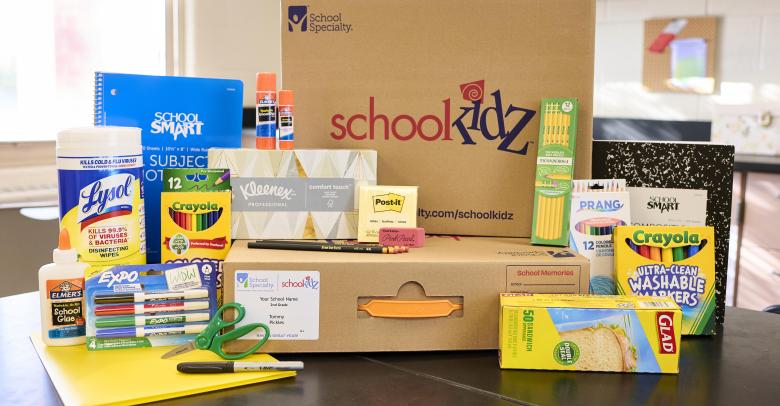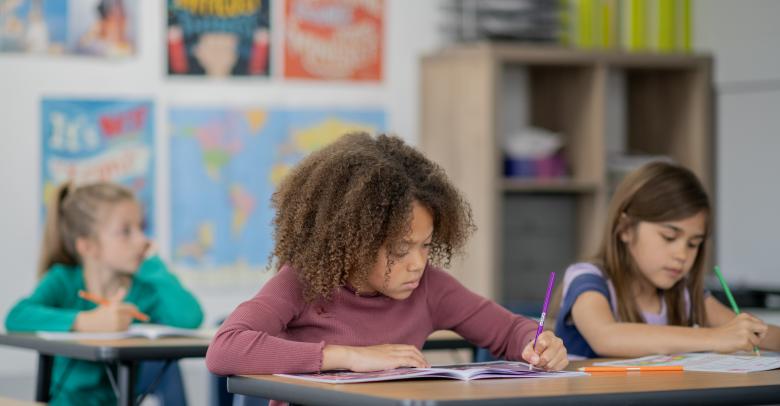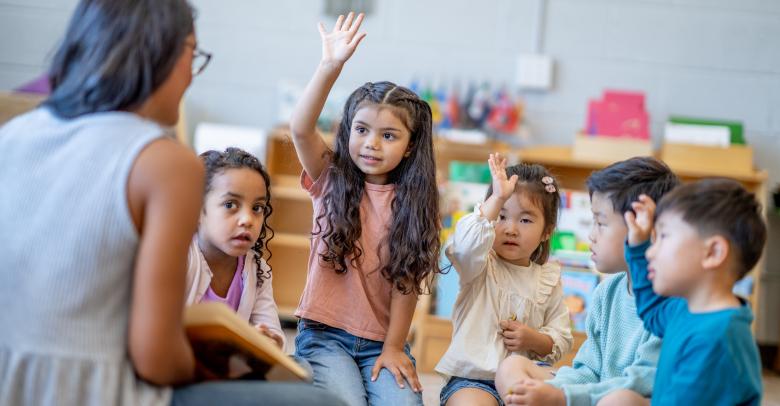Traits such as respect, cooperation, and honesty are some of the most essential things in the teaching process of building character. These traits help students make good choices, develop self-esteem, and become responsible citizens and caring individuals. Educators aiming to implement character education into their curriculum should consider these ideas for creating discussion opportunities and modeling in their learning space.
Discuss Good Character vs. Bad Character
Put the importance of positive character traits into perspective for students. Start with conversations about respect, honesty, responsibility, or teamwork. After listening to stories or examples, turn the conversation to character-related themes by asking leading questions such as:
- Why do you think your friend or classmate acted like that?
- What could you have done to help?
- Do you think that was the right thing to do? Why?
- How did that make you feel?
Tips for Modeling Good Character
Be a role model. Children imitate the adults in their lives. Take time to reflect on your words and actions to ensure you portray the character traits you want your students to develop.
Give them breathing room. Children—and adults— develop character when they experience things first-hand. When appropriate, take a step back and allow students to solve their disagreements with friends, make and fix their own mistakes, and deal with other real-life situations.
Offer Praise. Notice when students exhibit positive character behavior, such as sharing toys, keeping their space clean, or holding the door open for someone who needs help. Praise them for showing generosity, responsibility, and caring.
Clear consequences should be communicated. All choices, positive or negative, have consequences. For these to be effective, they should be consistent and clearly understood by the students. Immediate consequences work best to reinforce positive behavior and deter negative behavior.
Character Building Activities
A direct way to incorporate discussion around building character is through classroom activities. This can help elementary, middle, and high school students develop and examine positive character traits. Start the conversation and get students involved in activities that encourage good character development.
Shop Character Education Products
Social and Emotional Learning Resources and Tools
Social and Emotional Learning (SEL) is important for students of all ages. Relationship skills are an essential part of character building and helping students to grow and succeed. Be sure to stop by the Social and Emotional Learning tag page to read more and visit the online store to find hundreds of great resources for educators wanting to support SEL initiatives.






[…] dari keluarganya. Anak-anak senang untuk meniru orang dewasa. Untuk alasan ini, Anda perlu menjadi role model yang […]